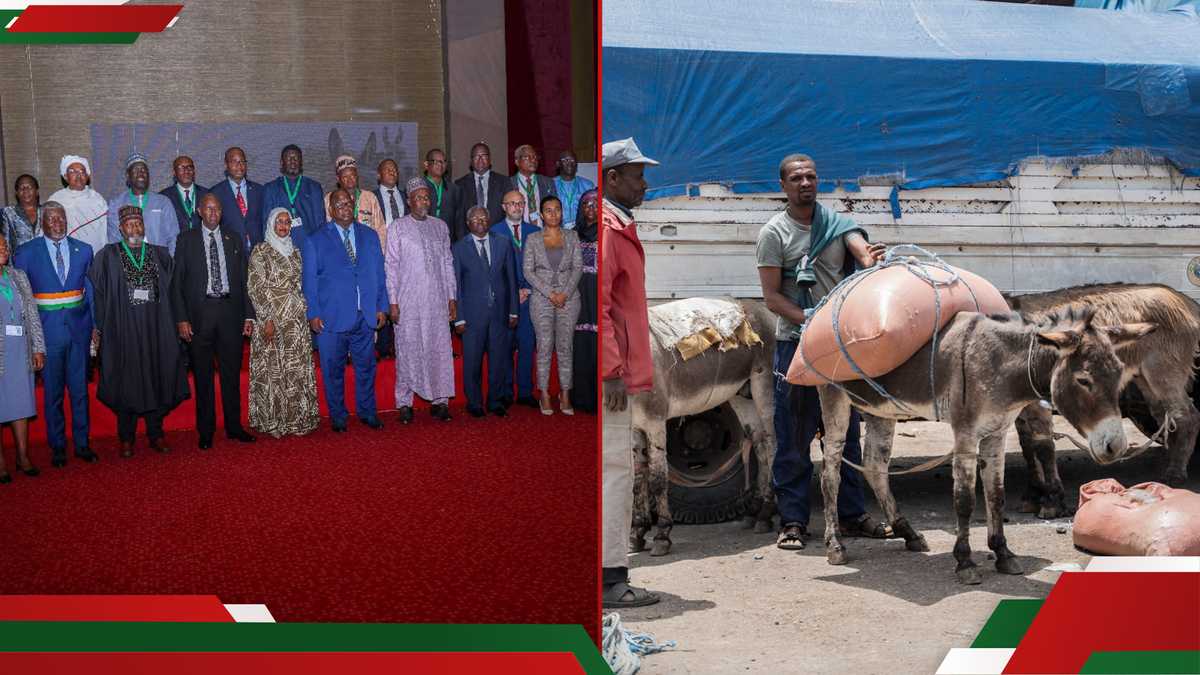Africa Takes a Stand for Donkey Welfare
The welfare of donkeys across Africa is under significant threat as the demand for their meat and skin continues to grow. In response, stakeholders from across the continent have gathered in Abidjan, Côte d’Ivoire, for the Second Pan-African Donkey Conference (PADCO-2). This conference aims to address the challenges facing donkey populations and ensure their survival.
Donkeys have long played a vital role in African communities, providing essential services such as transporting goods and water, and generating income. Despite their importance, they are often overlooked in livestock development initiatives and policy-making. The PADCO-2 conference seeks to change this by promoting the integration of donkeys into national development strategies.
Objectives of PADCO-2
Organized by the African Union’s InterAfrican Bureau for Animal Resources (AU-IBAR) in collaboration with Brooke Hospital for Animals and other stakeholders, PADCO-2 brings together representatives from member states, regional economic communities, academic institutions, international organizations, civil society, and the donkey-rearing sector. The primary goal is to endorse a Pan-African Strategy focused on preserving, promoting, and ensuring the sustainable use of donkeys.
This strategy is designed to guide future policies and initiatives aimed at protecting donkeys. It includes measures such as enforcing bans on commercial slaughter, promoting responsible breeding practices, and developing data systems to monitor donkey populations and productivity.
Current Challenges Facing Donkeys
Africa is home to over 13 million donkeys, which make up more than a third of the continent’s working animal population. However, only 25 out of 56 African countries have submitted information on their donkey populations, making unified planning difficult. Chad, for example, hosts over 31% of the continent’s donkeys, while countries like Gabon, Liberia, and São Tomé report negligible numbers.
Health concerns also pose a significant challenge. Donkeys are vulnerable to diseases such as tetanus, African horse sickness, anthrax, and parasitic infections. Access to veterinary services is limited, especially in remote areas where donkeys are most needed. While Africa has around 11,120 veterinarians and over 20,000 veterinary paraprofessionals, nearly 80% of rural animal care is delivered by paraprofessionals who often lack adequate tools and training.
Solutions and Future Steps
In response to these challenges, PADCO-2 aims to foster discussions around legal reforms, policy alignment, and effective advocacy. Attendees will assess reproductive trends, trade patterns, disease challenges, and the absence of proper enforcement mechanisms. Countries like Kenya, Uganda, Senegal, Botswana, and Tanzania have been commended for taking decisive steps, such as enacting bans on donkey slaughter or limiting skin exports.
Once validated, the strategy will be submitted to the African Union’s Specialised Technical Committee on Agriculture, Rural Development, Water and Environment (STC-ARDWE) and eventually to AU Heads of State and Government for endorsement. There is hope that PADCO-2 will lead to the creation of an Africa-wide program focused on donkey welfare and conservation, spearheaded by AU-IBAR in collaboration with global donors and development allies.
Additional Developments
In another development, Moi University recently purchased donkeys to replace mechanized labor. The animals were used for transport and to plough the university’s vast land. The institution also ventured into dog-breeding to enhance its income streams. These actions highlight the growing recognition of the value of donkeys in various sectors.
As the challenges facing donkeys continue to evolve, the efforts of PADCO-2 represent a crucial step toward ensuring their survival and well-being. By addressing issues such as unregulated slaughter, health concerns, and lack of resources, the conference aims to create a sustainable future for donkeys across Africa.






